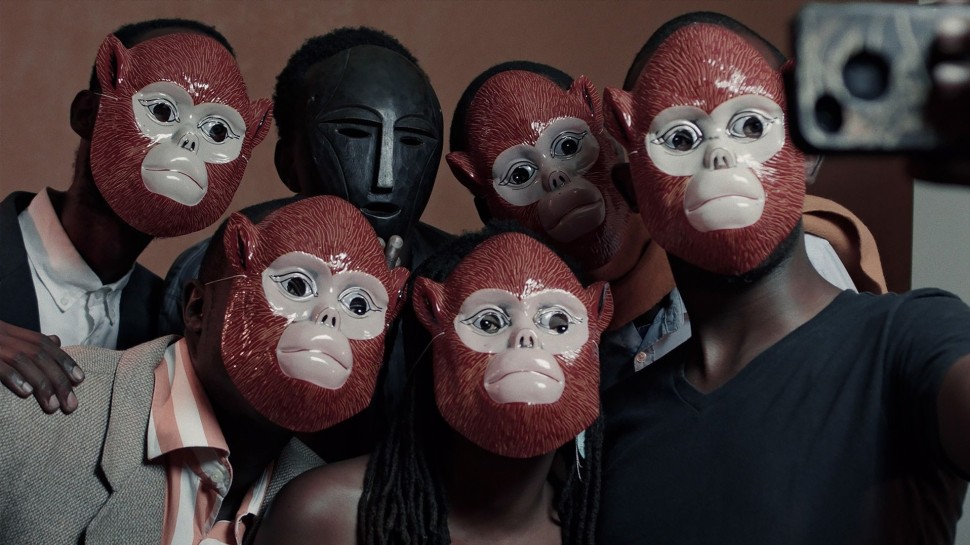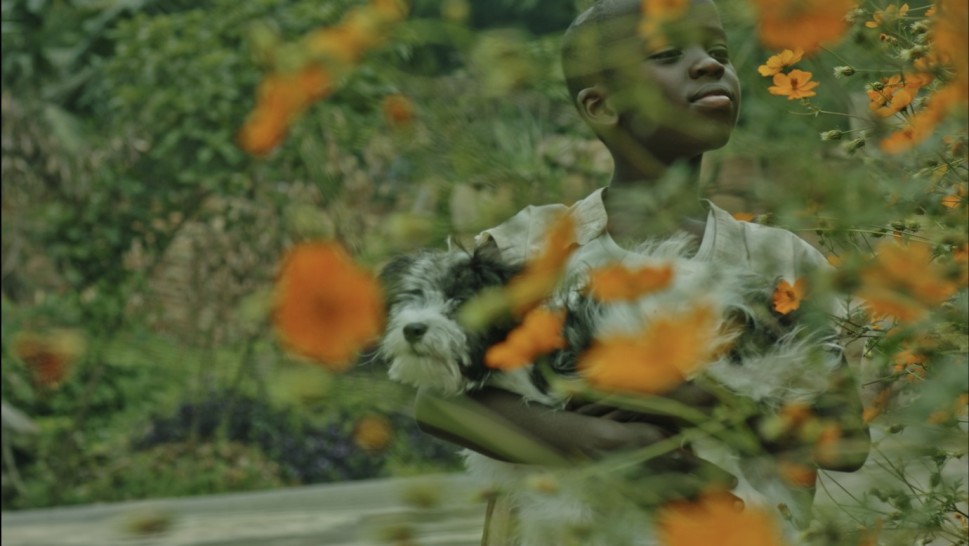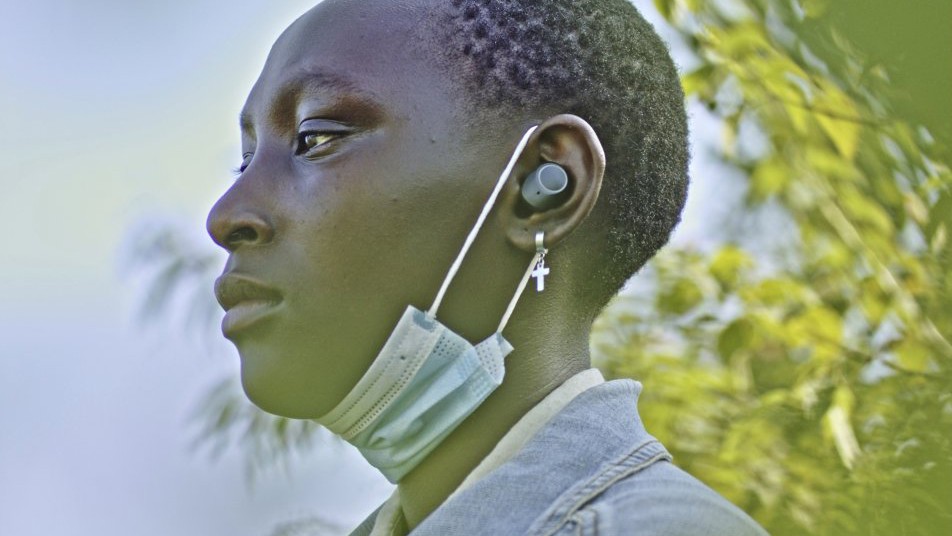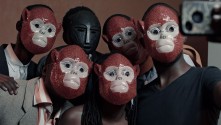



The McMillan-Stewart Fellowship: Kivu Ruhorahoza
Kivu Ruhorahoza is one of the most important filmmakers of the contemporary generation of African filmmakers and, arguably, the single most significant director in the history of Rwandan cinema. He partakes of an African cinema that is in a process of profound renewal, one that is no longer that of the founding fathers and mothers, but a twenty-first century cinema that is at once confidently globalized and seeks to bring out the specificities of an African experience as well as foreground the possibilities and indispensability of African readings of the contemporary world. Indeed, the richness of his cinematic discourse entails being able to say something about Africa, affirming the right to say something about the world as viewed from Africa, as well as being able to say something about the people who elect to say something about Africa and the world.
This desire to “speak” the world through cinema, and the place of Africa within it, is partly underwritten by the fact that, like most African filmmakers, he was born to find the screens of his country occupied by commercial cinemas from around the world and, thus, soaked in the cinemas of Hollywood, Bollywood, Hong Kong and Europe. Ruhorahoza was twelve years old when what is arguably the last great trauma on human conscience at the twilight of the twentieth century took place in Rwanda, his country, the Genocide of the Tutsi, a grand narrative of our times that profoundly and surreptitiously informs, resonates and echoes throughout his entire body of work.
As an international multi-award-winning filmmaker and artist, Ruhorahoza has, to date, directed eleven short and feature films that have screened globally at prestigious festivals including FESPACO, Sundance, Berlinale, IDFA, Tribeca and Rotterdam, among many others, while his installations have been featured at the Tate, the Museum of Modern Art, and the Institute for Contemporary Art in London, among others.
The eclectic cinema of Kivu Ruhorahoza is a cinema of questioning, one that uses interrogation along with critical and vulnerable self-inscription to blaze its own trail, in the hope of pointing to rays of light in the depth of darkness. As the title of his first film announces, this is a “cinema of grey matter,” that of a distinct cinematic voice that will be heard in the years and decades to come. – Aboubakar Sanogo, Carleton University
The Film Study Center and Harvard Film Archive welcome Kivu Ruhorahoza as the 2022-23 McMillan-Stewart Fellow in Distinguished Filmmaking. This year, with additional support from the McMillan-Stewart Foundation, the Hutchins Center for African & African American Research, and the Division of Arts & Humanities, Ruhorahoza will be in residence at the FSC and the Hutchins Center for the entire spring semester and will be in person at the HFA to screen and discuss his phenomenal body of work.












